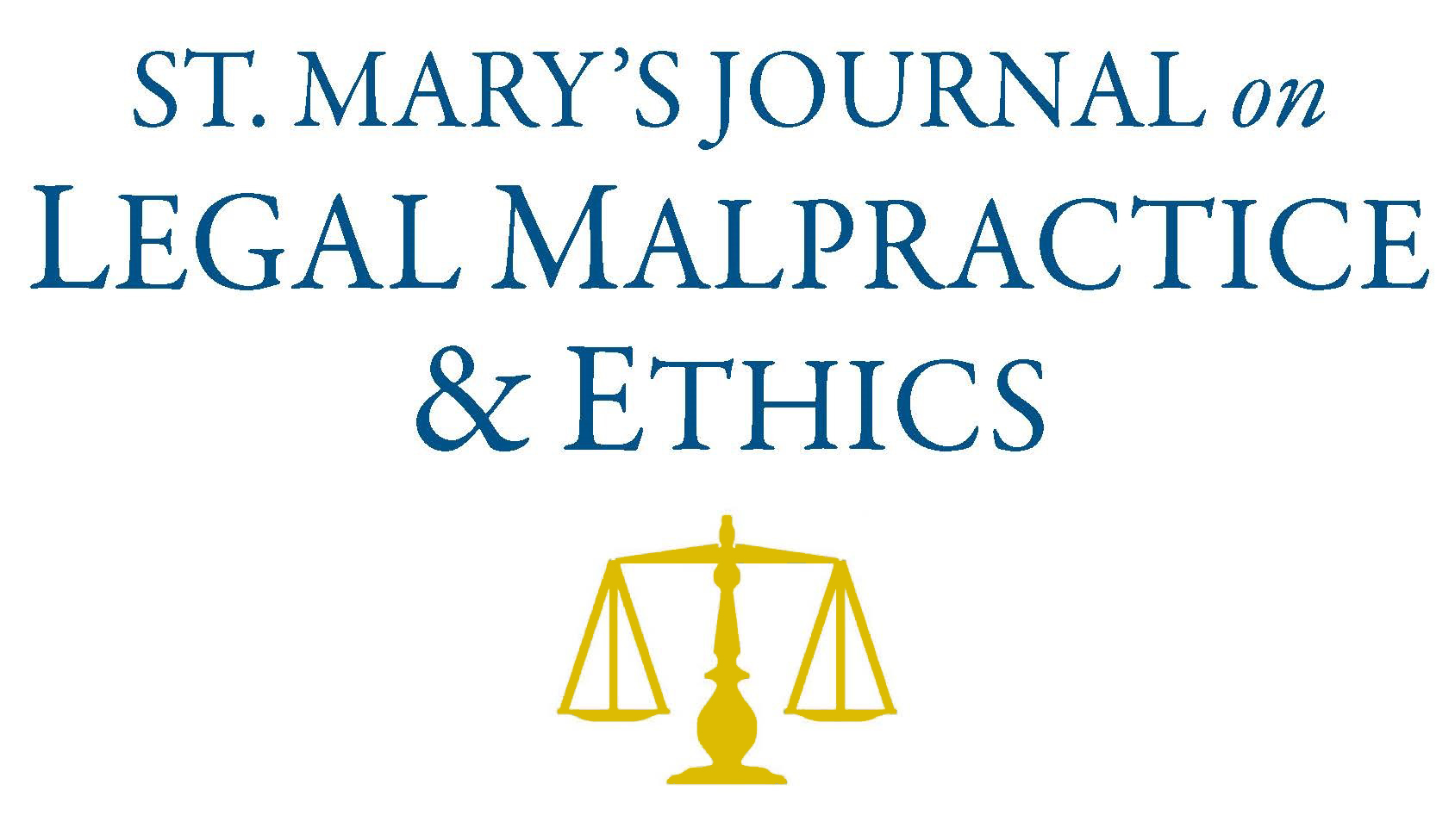
First Page
112
Date Created
1-1-2013
Publisher
St. Mary's University School of Law
Editor
Charles Ipock
Last Page
163
Abstract
The inadvertent waiver doctrine is part of the attorney-client privilege but its application lacks uniformity and thus is a major cause for distress for lawyers and clients. The concerns about an inadvertent waiver of the privilege intensify as technology changes the way attorneys and clients interact. Accordingly, seeking legal advice has become a dangerous activity. This Article first demonstrates that courts treat inadvertent waiver as a type of accident without duly attending to the implications of the concept. Drawing on economic analysis of tort law, this Article identifies how the liability regimes and unique harm rules applied by courts to determine whether inadvertent waiver has occurred undermine the objective of the privilege to encourage full and frank exchange of information between attorneys and clients. The second part of this Article asserts that imputing inadvertent disclosure of privileged evidence by attorneys to their clients contradicts the prevalent rationale of the attorney-client privilege. Imputing inadvertent waiver by attorneys to their clients creates a moral hazard problem. This problem is not sufficiently mitigated by incentives such as the attorney’s ethical duties, concerns about malpractice liability, or professional reputation. This Article suggest that the practice should be eliminated or at least minimized.
Recommended Citation
Ido Baum,
The Accidental Lawyer: A Law and Economics Perspective of Inadvertent Waiver.,
3
St. Mary's J. on Legal Malpractice & Ethics
112
(2013).
Available at:
https://commons.stmarytx.edu/lmej/vol3/iss1/4
Included in
Law and Society Commons, Legal Ethics and Professional Responsibility Commons, State and Local Government Law Commons

